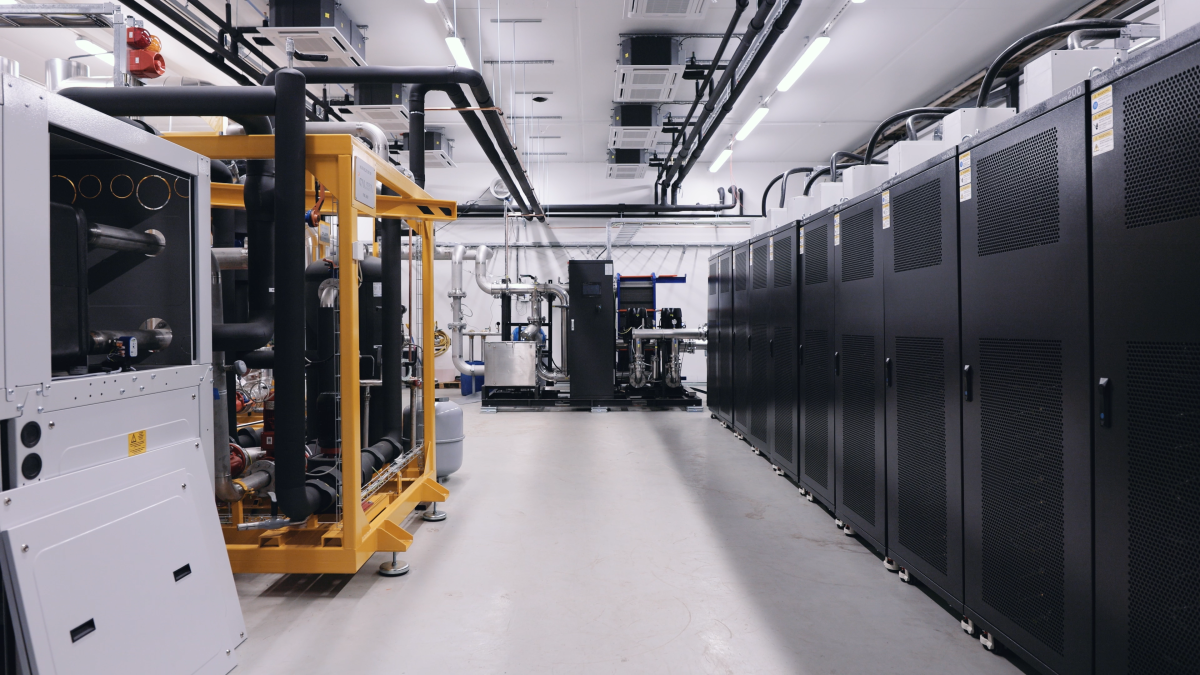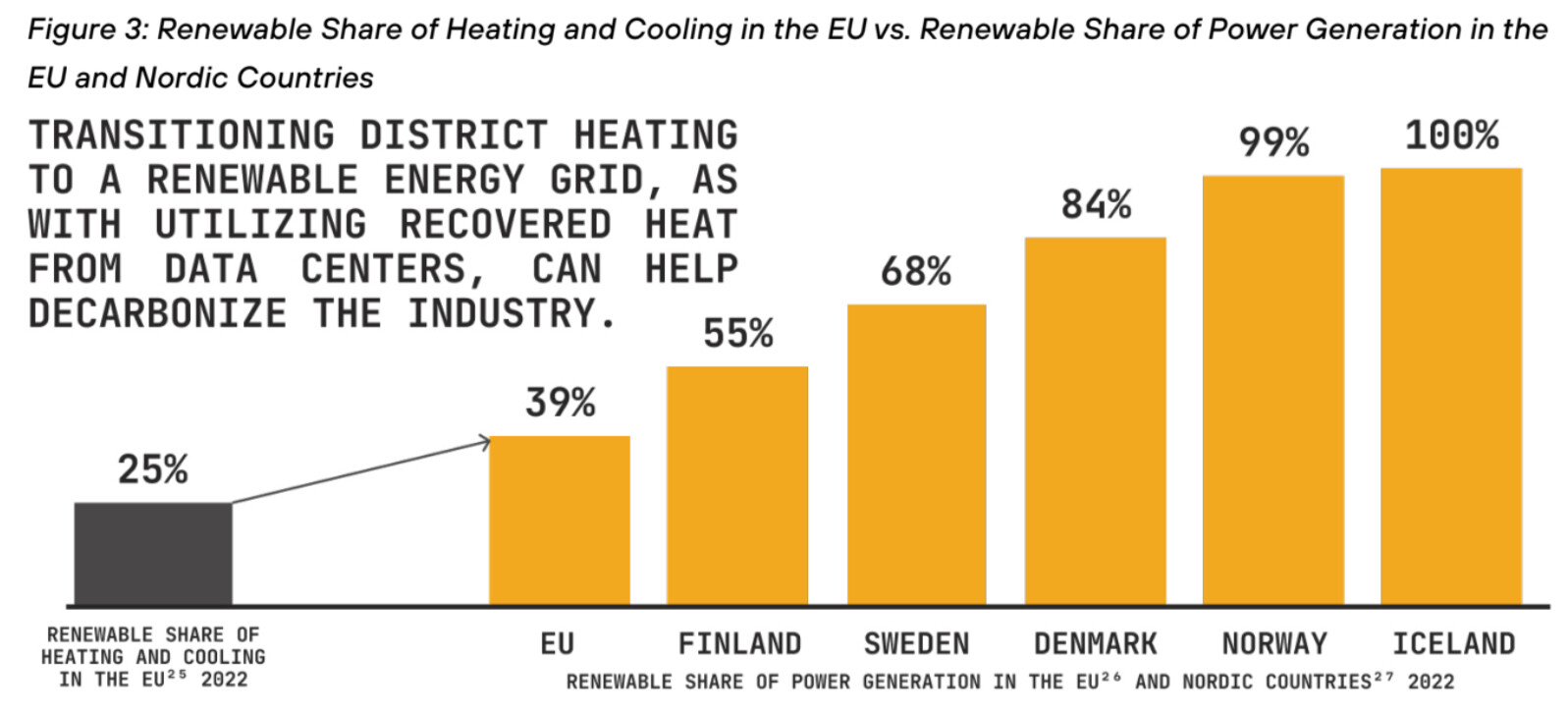Bitcoin mining giant Marathon Digital wants to use the excess heat from mining operations to warm an entire Finnish community.
This 2-megawatt pilot project plans to heat water at a centralized facility and then distribute it through underground pipes to provide warmth to 11,000 residents in the Satakunta region of Finland.
This is Marathon’s first time experimenting with district heating and Europe in general. District heating is a system where water is centrally heated and then circulated through a network of pipes to heat buildings.
With its clean energy infrastructure, Finland primarily relies on biomass for district heating. Marathon wants to cut carbon emissions and operational expenses by integrating heat from Bitcoin mining, enhancing sustainability.

European data centers consume double the global average of electricity, making up around 3% of the EU’s electricity usage compared to the global 1.0-1.5%. Marathon’s Heating with Hashes report highlights the mutual benefits:
“One industry needs heat, while the other generates plenty of it. Instead of wasting the abundant heat produced by data centers, it could be recycled to meet heating demand. This innovation transforms an unwanted byproduct of data centers into a valuable resource for district heating systems, reducing costs and waste for everyone involved while reducing the need for inefficient, carbon-emitting heat sources.”
The company operates across twelve sites on four continents and aims to lead in sustainable practices. According to Future Market Insights, the district heating market is expected to grow from $198 billion to $340 billion by 2033, presenting huge growth potential.

This new venture follows the success of the company’s previous project in Utah, where landfill gas was used for digital asset computing, demonstrating economic viability and environmental benefits.
Marathon’s chief growth officer, Adam Swick, emphasized the company’s ongoing experimentation with ways to add value beyond Bitcoin mining.
The Finland project is the first to convert the heat produced as a byproduct of operations into a useful resource for a local community. Marathon aims to gather extensive data from this project to refine and expand its sustainable practices.
Jai Hamid





